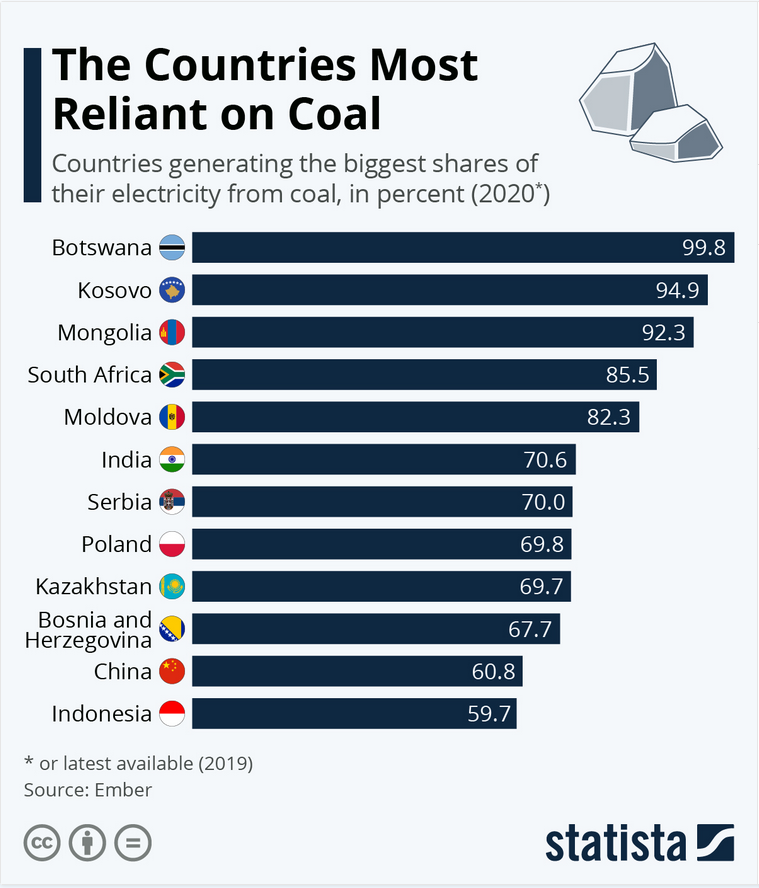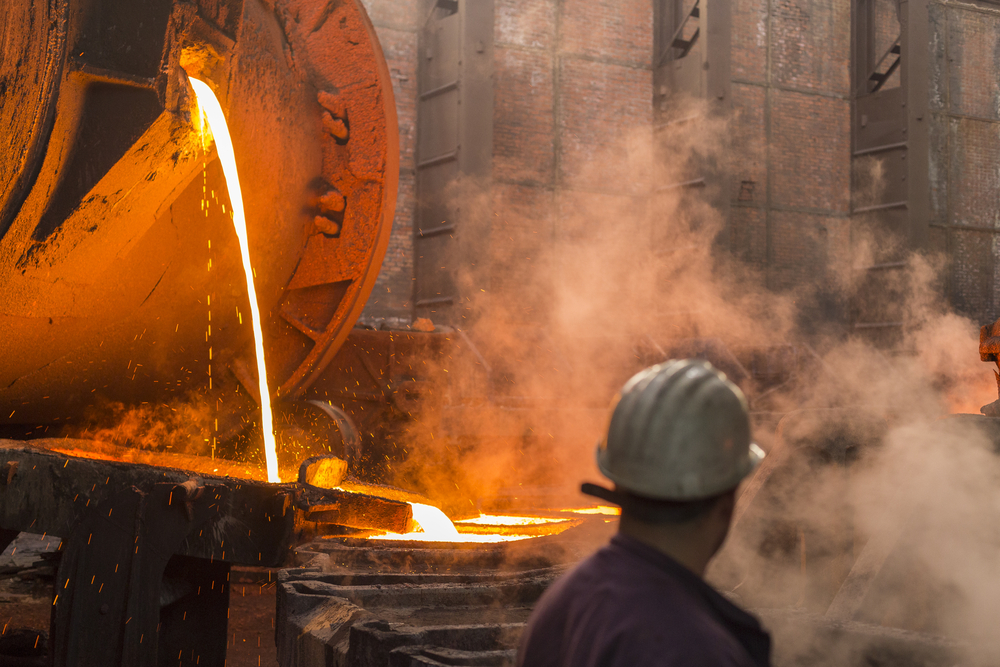If we stopped all Global Mining, what would happen?
The mining industry is one of humankind’s oldest industries. The increasing dependencies on extracted minerals, metals and fuels are constantly growing. There is a continuous need to have more variety and larger volumes of raw mined resources as the dependencies of the supplies are in demand in various industries.
Thirty years ago, the importance of raw earth materials was not as significant as they are in today’s society.
The mining sector has become pivotal in the world’s economy. Numerous companies depend on the minerals, metals, and fuels located underground. For example, coal is one of the leading resources in constant demand because it is a global energy resource.
The impact of ending mining productions would have significant challenges in the following areas:
- Jobs
- Energy
- Global Supply Chain Collapse
Jobs
As mentioned in Laura Cole’s article, How ending mining would change the world, the first shockwave of the mining industry stopping all production would be the loss of jobs. There would be an estimated four million formal jobs terminated in the industry.
More than 100 million livelihoods globally would be negatively impacted for those who have work connected to artisanal mining. This is the estimated number of individuals specifically in the mining industry who would be laid off if the mining industry comes to an end.
Along with workers in the mining industry, communities in the surrounding areas of mining sites would also be negatively impacted. These communities often depend on mining sites to ensure their livelihoods. Ghost towns would be created overnight without active mines.
Following the loss of the mines, there would be a massive domino effect of job loss for industries and careers that rely on products made from mined resources. Once the remaining stockpiles of minerals, metals and fuels are exhausted, there will be massive unemployment in the pharmaceutical, car, electronic and construction industries.
The loss of the mining industry would greatly affect the economy and lifestyle of countries worldwide with the overflow of job losses. In the U.S. and Canada combined, there are over 1 million people that are directly employed by a mining company. In countries such as India, the numbers are even higher.
According to this Statista Dossier, Canada is the largest producer of potash worldwide, the second-largest uranium producer, and the third-largest diamond producer. For primary aluminum and nickel, it is the world’s fourth and fifth-largest producer, respectively. Along with activating mining, there is also a significant increase in exploration in Canada.
Energy
In today’s society, energy has one of the largest impacts on how many individuals live their lives with the technologies they use and have available. Energy is an important factor in everyday life. Resources such as coal would be the first to run out after production stops.
As Laura Cole mentions in How ending mining would change the world:
“35% of the world still relying on coal for electricity, few countries would escape a sudden energy crisis.”

Energy enables the technologies that allow the temperature in existing homes to fluctuate, indoor lighting, power electronics and appliances and much more. Without this source of power, the living lifestyle would become increasingly uncomfortable. And economies that rely on other energy sources, such as gas-fired power stations, would consistently experience blackouts.
Ceasing mining productions for metal will greatly impact the technology industry. The electronics and appliances many people use in their day-to-day lives would affect the industry’s growth. Metals such as copper are an essential part of the structure and function of all electronics.
Another example of mined resources needed for technology is lithium. Lithium is used in lithium-ion batteries, the rechargeable batteries found in smartphones and most other devices.
Smartphones have been one of the biggest technological evolution that most individuals have access to purchase and use. The demand for newer innovative technologies require materials sourced from extracted minerals.
Over 60 per cent of the world owns a smartphone. While there is a consistent demand for handheld technology, it would not be possible to construct phones without certain metals. On average, smartphones are made up of 80 per cent of the elements on the periodic table.
Energy is consumed in multiple ways that assist in living a more comfortable lifestyle. It also enables the use of all the technologies, appliances, transportation and much more available to one’s convenience.

Global Supply Chain Collapse
 As Iizuka, Michiko, and Vargas mention in Innovation in Mining Global Value Chains: Implications for Emerging Economies, emerging economies such as Brazil, Russia, India, China and the rest of Aisa are continuously expanding and investing in infrastructure, manufacturing, and heavy construction to meet economic growth demands.
As Iizuka, Michiko, and Vargas mention in Innovation in Mining Global Value Chains: Implications for Emerging Economies, emerging economies such as Brazil, Russia, India, China and the rest of Aisa are continuously expanding and investing in infrastructure, manufacturing, and heavy construction to meet economic growth demands.
Projects in infrastructure, manufacturing and heavy construction rely significantly on mined resources. With this growth, there is an increasing demand for mining commodities. If we stop mining, there would be no supplies to continue growing in both developed and emerging countries.
For many emerging countries, particularly in Latin America and sub-Saharan Africa, mining is a priority to help create a better livelihood and significantly contribute to their economies. Mining also ensures many job opportunities are available since it requires a large labour force.
The fall of the mining industry would affect many industries that rely on infrastructure, manufacturing and heavy construction to help their economic growth.
Conclusion
The mining industry is not something you can easily stop. This critical sector is important to ensure economic growth, keeping up with the demand for the metals and minerals that new technologies requires in the 21st century. Instead of finding ways to end the mining industry, we need to look at ways we can create a more sustainable production.
Sustainable production can be the key to ensuring the mining industry can keep supplying industries with the resources they need. And ensuring that hazardous wastes and liquids are not contaminating the environment. One of the best ways to keep up with productivity and take environmental measures is for mining operations to have proper day to day waste management strategies.
A&M Remediation provides services to mining companies that are guaranteed to help companies recover, recycle and reimagine waste management for the benefit of a better tomorrow.

